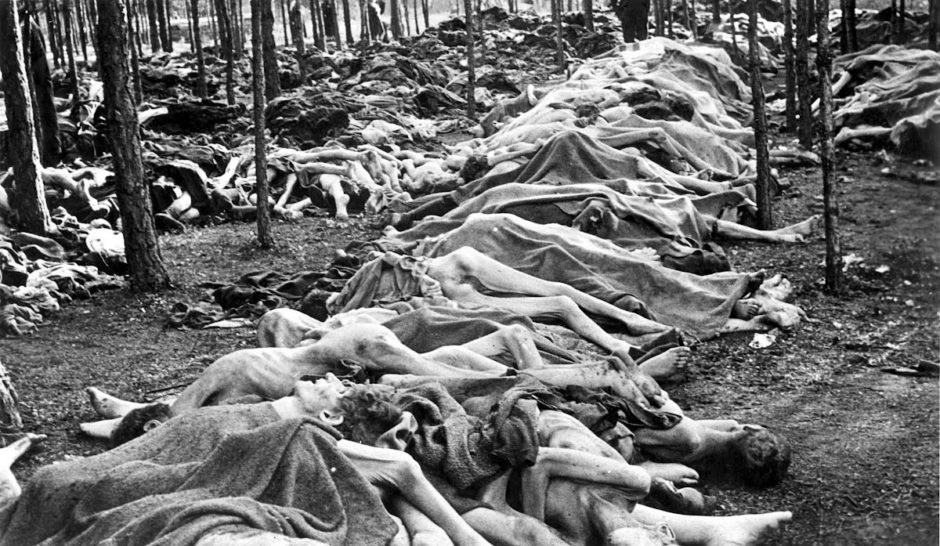In the spring of 1945, as World War II was winding down, the British government commissioned a documentary about the horrors of the Bergen-Belsen concentration camp in Germany. The supervising director would be the Hollywood auteur Alfred Hitchcock. The screenwriter would be Richard Crossman, who would go on to become a British cabinet minister.
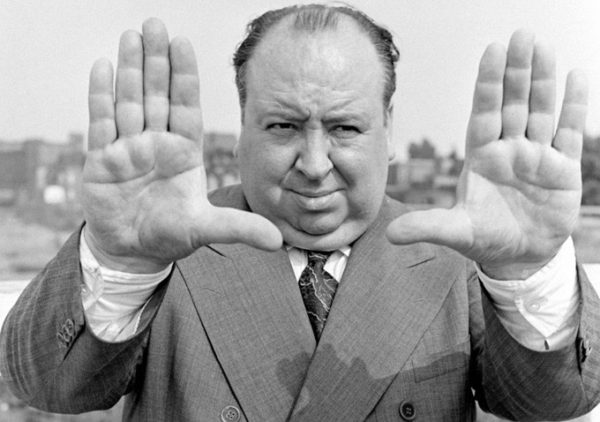
The film, bearing the clunky title of German Concentration Camps Factual Survey, was filled with searing images attesting to Nazi crimes against humanity. The plan was to release it in theatres, but instead it was shelved and allowed to moulder away for the next six decades, a seemingly forgotten celluloid relic of the war.
Andre Singer’s gripping documentary, Night Will Fall, which is now available on the Netflix streaming network, delves into the reasons why it was made and consigned to oblivion. Its title comes from a didactic line in Crossman’s script: “Unless the world learns the lesson these pictures teach, night will fall.”
As Allied armies moved closer to Berlin in April 1945, the penultimate month of the war, two German generals warned British forces in northern Germany that they were approaching a “prison” camp where a typhus epidemic had broken out. The Germans feared the prisoners might escape and infect the local German population.
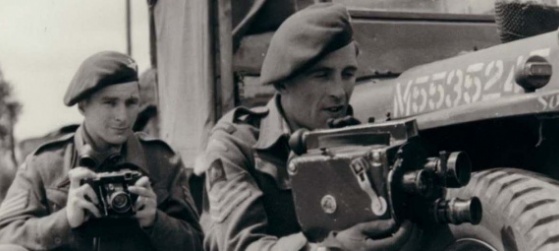
What British soldiers found in Bergen-Belsen when they liberated it was ghastly beyond belief. It was not, as the German generals claimed, a “prison” camp, but a concentration camp where tens of thousands had died of starvation and disease. Combat cinematographers, though appalled by the horrendous stench of rotting corpses, compiled reams of graphic footage.
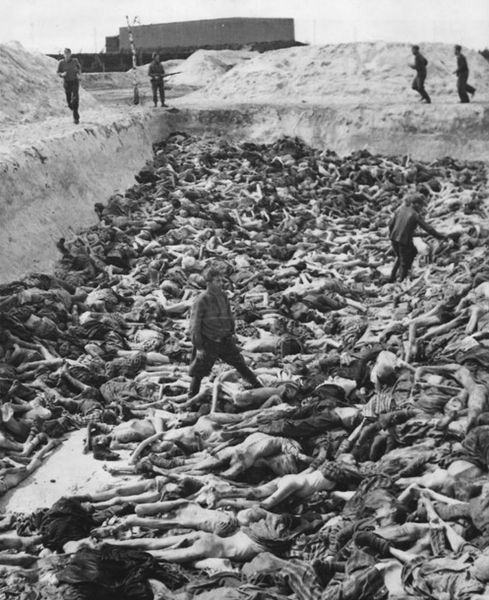
To this day, they recoil in horror as they recall these dreadful scenes. “It was a sight that shook us,” says Mike Lewis. His colleague, Leonard Bernie, expresses equal shock.
Richard Dimbleby, a BBC correspondent, could hardly believe his eyes as he explored the camp. “I found myself in a world of nightmare,” he reported in one of his vivid broadcasts.
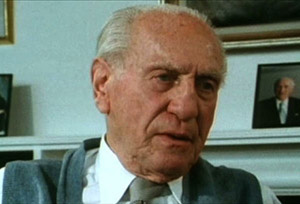
Having been apprised of the news coming out of Bergen-Belsen, the Ministry of Information in London ordered the head of its film division, Sidney Bernstein, to assemble a documentary about the Nazi concentration camp system. The British government was keen to expose Nazi infamy to the world. Bernstein acquired additional footage from the Majdanek and Auschwitz-Birkenau extermination camps in Poland that had been shot by Soviet cinematographers. British camera crews provided further clips from the Buchenwald and Dachau concentration camps in Germany.
Although Night Will Fall provides glimpses of several camps, it focuses on Bergen-Belsen, a camp to which German civilians from nearby towns and villages were driven to bear witness to Nazi crimes. General Dwight Eisenhower, the commander of Allied forces in Europe, was fixated on Bergen-Belsen, too. He brought American journalists and politicians there to see what the Nazi regime had wrought.
When Bernstein had assembled the required footage, he hired Hitchcock to cobble it all together. But as the pair immersed themselves in the project, they learned that the film had become a liability, “a political inconvenience.”
British government officials feared it might arouse sympathy for Jewish Holocaust survivors and thereby force Britain to admit them as refugees. Britain was also concerned it might upend its policy of limiting Jewish immigration to Mandate Palestine. Finally, neither Britain nor its ally, the United States, wished to offend Germans at a time when the Cold War with the Soviet Union was intensifying.
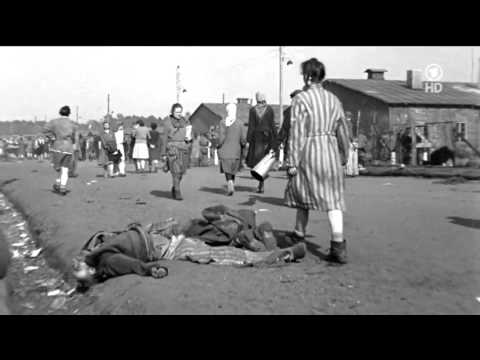
As a result, Britain decided not to release what it lamely described as an “atrocity” film. Nonetheless, excerpts were screened as evidence in the Nuremberg war crimes trials. In the meantime, Billy Wilder, the Austrian-born U.S. feature film director, was asked to make a short version of German Concentration Camps Factual Survey. Wilder’s film, Death Mills, was given a theatrical release.
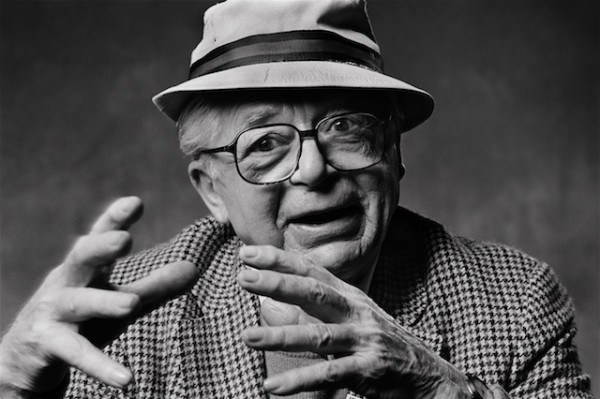
The story does not end there.
In 1984, Memory of the Camps, a documentary which relied heavily on footage from Bernstein’s film, was released. Three decades later, the Imperial War Museum in London put the finishing touches to German Concentration Camps Factual Survey, and it was screened at the Berlin International Film Festival in 2014.
As Singer suggests, it is now a “masterpiece of documentary cinema.”
Singer’s appraisal is debatable, but German Concentration Camps Factual Survey is certainly a powerful film.
